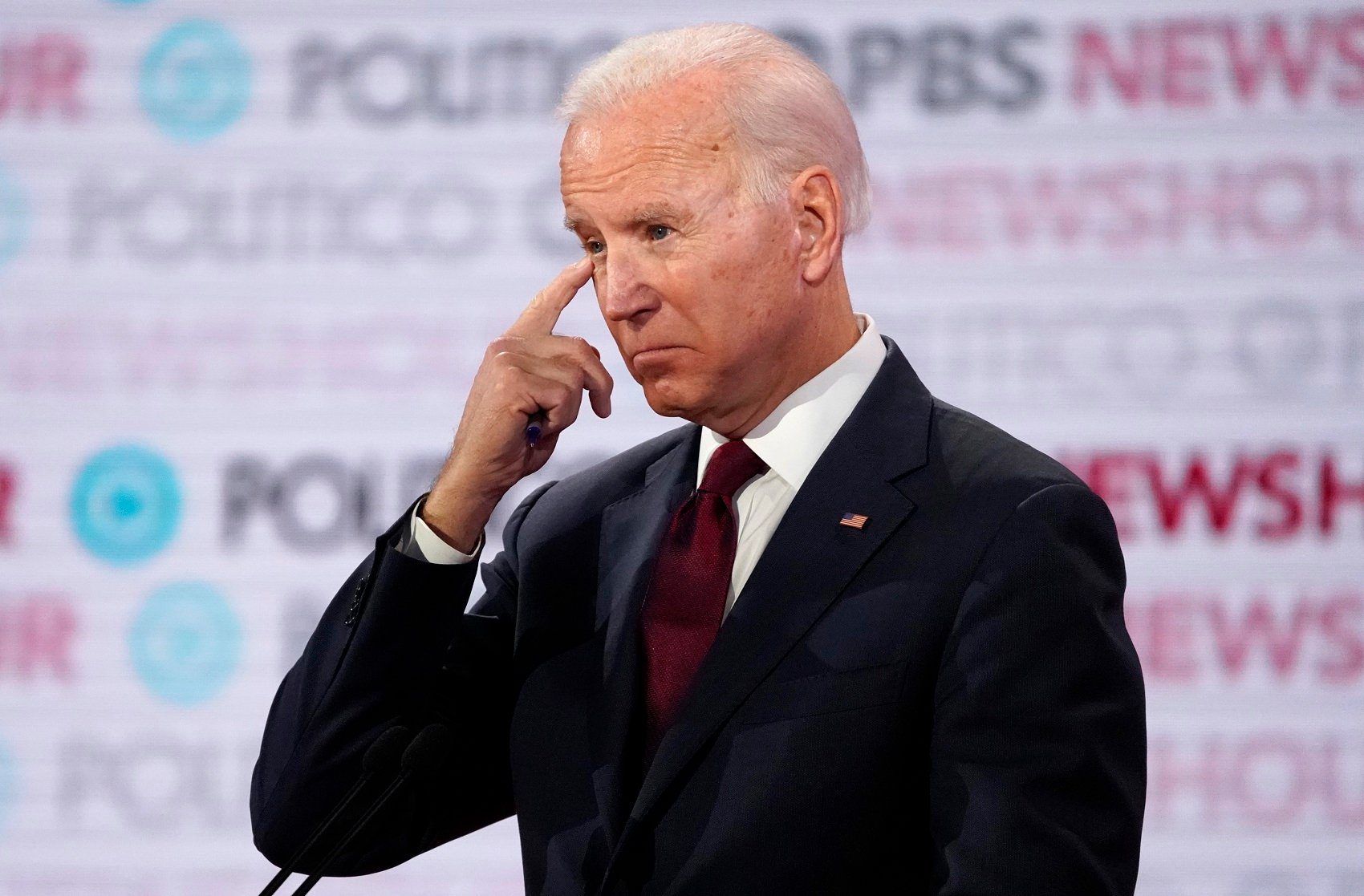A federal judge halted President Joe Biden’s temporary moratorium on new licenses for exports of US liquefied natural gas (LNG). The decision by US District Judge James D. Cain Jr. in Louisiana, issued Monday, responds to a lawsuit filed by 16 states. The states argued that Biden violated federal law by halting licenses in January to assess the impact of shipments on climate change.
Patrick Morrisey, the attorney general of West Virginia, called the decision “a big win for the country’s energy industry and the millions of jobs it supports.” However, the ruling is unlikely to immediately accelerate approval processes, according to Bloomberg.
Climate activists argue that LNG exports sustain reliance on fossil fuels and contribute to global warming. Conversely, US gas producers and advocates contend that the halt in licensing threatens allies dependent on American energy supplies and jeopardizes billions of dollars in LNG export projects.
The Department of Energy disagrees with the ruling but is reviewing the court’s order and evaluating next steps. In his opinion, Cain stated that the government’s decision to halt approvals appeared “completely without reason or logic and is perhaps the epiphany of ideocracy.” He noted that states could pursue their legal challenge to the moratorium.
Liz Murrill, Louisiana’s attorney general, highlighted that $61 billion in pending infrastructure in Louisiana is at risk from the pause, calling the decision “a major victory for American energy.”
Under Biden’s directive, the Department of Energy had stopped approving new licenses to export LNG to nations that are not free trade partners with the US. This was to scrutinize the impact of shipments on climate change, the economy, and national security. The pause affected new licenses only, while the US, as the world’s largest exporter of LNG, has room to grow under existing licenses.
Could Biden’s freeze on LNG affect Guyana’s US$660M loan request from the US? | OilNOW
Although the court order enjoins the pause immediately, the short-term practical effects are expected to be minimal. Federal law requires the Department of Energy to vet whether such LNG exports are in the public interest, allowing continued scrutiny of new export license proposals on a case-by-case basis.



